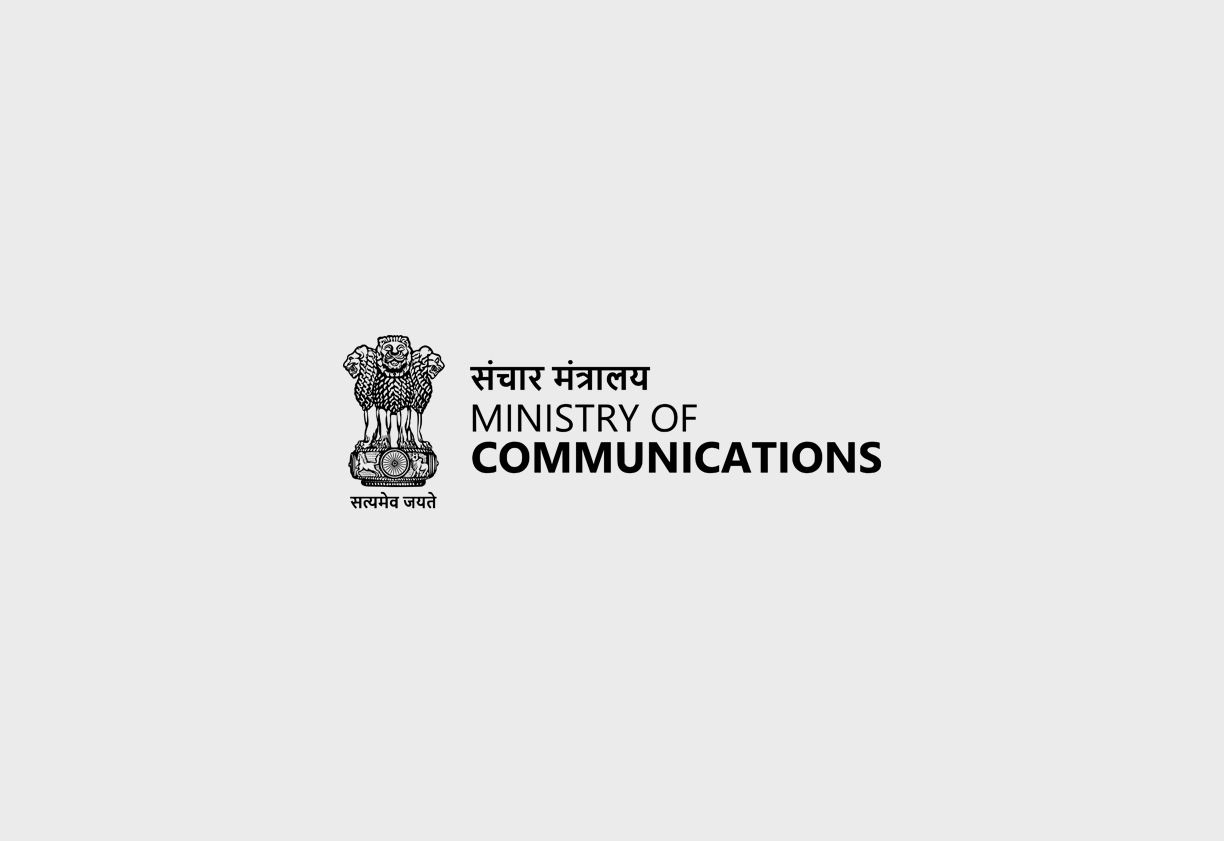Ministry of Communications
The Telecommunications Act, 2023, is a comprehensive piece of legislation that consolidates and amends the laws relating to the development, expansion, and operation of telecommunication services and networks in India. This Act provides a modern regulatory framework for the sector, addressing key aspects such as authorization, assignment of spectrum, right of way, standards, public safety, national security, and user protection. It also establishes mechanisms for dispute resolution and enforcement. The Act aims to foster innovation, promote competition, and ensure the efficient and secure provision of telecommunication services in India.
Act Background and Ministry:
The Telecommunications Act, 2023, was enacted by the Parliament of India. It was designed to replace the existing laws governing the telecommunications sector, including the Indian Telegraph Act, 1885, and the Indian Wireless Telegraphy Act, 1933. The Act falls under the purview of the Ministry of Communications, Government of India.
Enactment Date, Number of Chapters, Number of Sections:
The Act was enacted on December 24, 2023. It is structured into 62 sections, divided into 11 chapters, along with two schedules.
Act Governed By:
The Act is primarily governed by the Central Government, which has the power to make rules, issue directions, and grant authorizations. The Act also involves the Telecom Regulatory Authority of India (TRAI) and other authorities specified by the Central Government. The implementation of the Act involves various stakeholders, including service providers, infrastructure providers, and users.
On Whom it is Applicable:
The Act is applicable to all entities involved in the provision of telecommunication services, the establishment, operation, maintenance, or expansion of telecommunication networks, and the possession of radio equipment. It applies to service providers, network operators, users, and any other entity involved in the telecom sector in India.
Penalties/Punishments:
The Act specifies various penalties for non-compliance, which include:
-
Imprisonment and Fines: For providing services or establishing networks without authorization, for causing damage to critical telecommunication infrastructure, for gaining unauthorized access to networks, for tampering with identifiers, and for other specified offenses.
-
Civil Penalties: For breach of terms and conditions of authorization or assignment, and for contraventions of the Act.
-
Suspension or Termination: The Central Government may suspend or terminate the telecommunication service of a person who contravenes the provisions of the Act.
Important Pointers:
-
Authorization: The Act mandates that any person intending to provide telecommunication services, establish a network, or possess radio equipment must obtain authorization from the Central Government.
-
Spectrum Assignment: The Act regulates the assignment of spectrum, which is done through auction, with exceptions for specific categories.
-
Right of Way: The Act provides a framework for granting right of way for telecommunication networks on public and private property.
-
Standards and Security: The Act empowers the Central Government to notify standards and conformity assessment measures for telecommunication equipment, services, and networks, and to ensure cyber security.
-
Digital Bharat Nidhi: The Act establishes the Digital Bharat Nidhi, which will be used to support universal service, research and development, and other related purposes.
-
User Protection: The Act includes provisions for the protection of users, including measures for grievance redressal and the prevention of unsolicited messages.
-
Dispute Resolution: The Act provides for dispute resolution mechanisms, including the establishment of an Appellate Tribunal.
-
Flexibility and Innovation: The Act promotes flexible, liberalized, and technologically neutral use of spectrum and encourages innovation and technological development in the telecommunications sector.
Act Copy:




